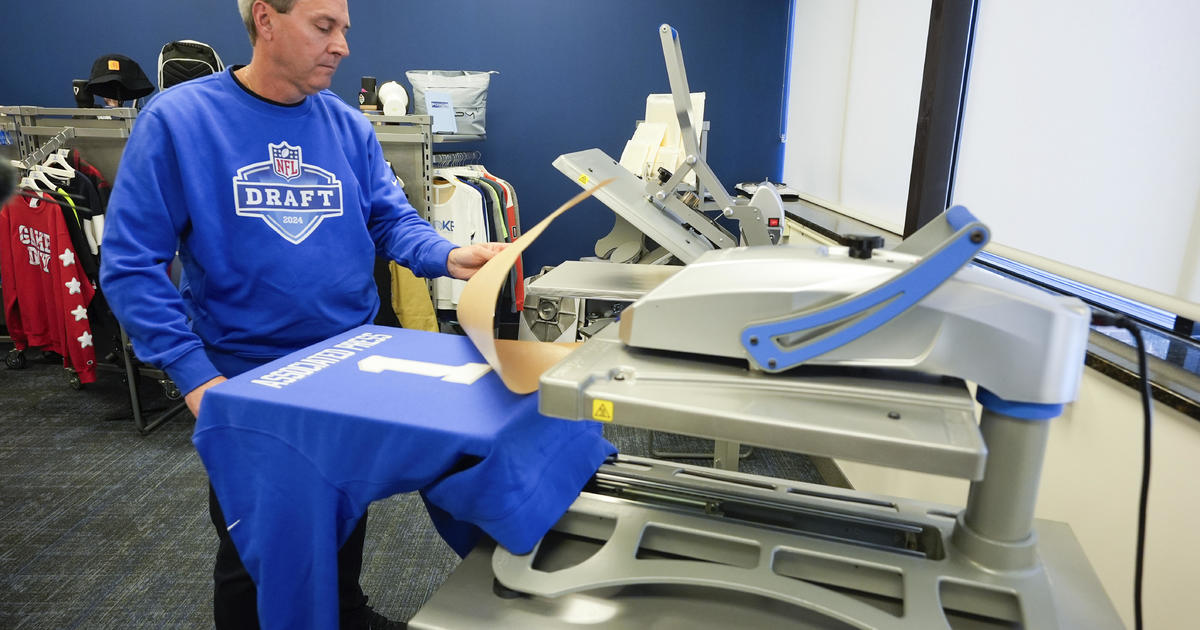Michigan Film Incentive Program Under Scrutiny Once Again
By Alisha Green, Associated Press
LANSING (AP) - Michigan's film incentive program is being scrutinized in Lansing yet again in the midst of a larger debate about how to cut costs and pay for increased liabilities.
A House committee voted Wednesday to approve a bill that would stop the film incentive program, which gives money to movie, TV and digital productions in the state. The bill sponsored by Republican Rep. Dan Lauwers of Brockway would end the program Oct. 1, at the end of the current fiscal year.
Gov. Rick Snyder proposed $50 million for the program in the next fiscal year. But with recent announcements of the state's increased liabilities for business tax credits, estimated at $9.4 billion over the next two decades, legislators are looking at ways to cut costs. The film incentives are a prime target for House Republicans.
"It seems to me this will be the easiest $50 million you'll find," Lauwers said.
Lauwers and others who want to end the film incentives say the program isn't justified when the state has other liabilities looming.
Rep. Jeff Farrington, chairman of the House Tax Policy Committee that recently approved moving Lauwer's bill to the full House, has long criticized the program.
"This thing is a total waste of taxpayer money, and I can't wait to get rid of it," the third-term Republican from Utica said.
More than 30 other states offer film incentives. Opponents of the program liken it to an unwinnable arms race for the film industry's attention. But the competition among states offering incentives is part of why Michigan needs to keep its program, supporters say.
Film industry workers, including members of Teamsters Local 337 from Detroit, testified in a committee hearing that Michigan has built a good reputation in the industry, and now is not the time to eliminate the incentives.
The program is not just supporting out-of-state productions that come in, they said. Reports from the Michigan Film Office show the program supports many Michigan-based filmmakers, TV shows, and digital media productions, including video game development.
Those reports also show productions receiving incentives supported about 1,000 jobs in the state during the 2012 and 2013 fiscal years. Productions in 2011 spent an estimated $202 million in the state.
The numbers have not been enough to sway skeptics, however.
Former Senate Majority Leader Randy Richardville championed film incentives during his tenure, which ended in 2014. He led the way in extending the program for another seven years. That extension included several tweaks to the structure, but House Republicans included in their 2015 action plan that they would revisit whether the incentives are worth keeping.
The bill ending the incentives could move through the House in the next week, though it is unclear whether it will advance any further as it is currently written.
Ending the program completely on Oct. 1 could pose issues. Credits awarded to a production are not always paid by the state the same year. A production must be completed before it can receive funds. If funds are cut off without accounting for that lag time, some projects could lose payments they were promised.
Lauwers said he is working on language that would clarify that it's not the intent to cut off promised funds. How that is addressed will impact the bill's odds going forward.
Amber McCann, spokeswoman for the Senate Republicans, said Senate Majority Leader Arlan Meekhof does not support the legislation as it came out of House committee.
Meekhof is concerned that ending the program Oct. 1 "would effectively be the state seeking to get out of a contract early," which "sets a bad precedent and sends a message of uncertainty to businesses and job providers," McCann said.
Dave Murray, a spokesman for Snyder, said it would be premature to comment on the bill. He added that Snyder had concerns with the way the film incentive program was originally constructed and has worked with the Legislature on a process "that has some limits, while still encouraging investment and opportunities in the state from the film industry."
© Copyright 2015 The Associated Press. All Rights Reserved. This material may not be published, broadcast, rewritten or redistributed.



